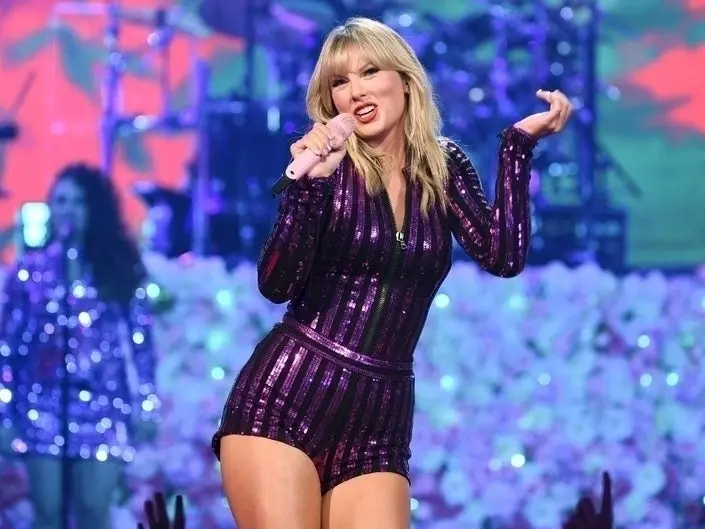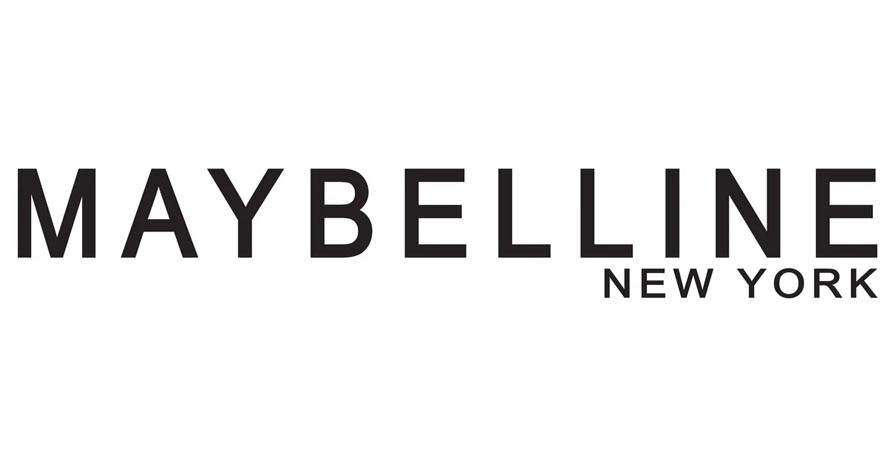The forced sale of TikTok within 180 days, as mandated by House-passed legislation, presents an unprecedented challenge fraught with financial, technical, and geopolitical hurdles. Financial experts warn that the complexities involved in such a transaction may render a sale impractical, potentially leading to a nationwide ban of the app. Despite President Biden’s indication of support for the bill, its passage through the Senate and potential legal challenges in the courts could further complicate matters.
Divesting a company as valuable as TikTok, potentially worth $150 billion, from its technical infrastructure while facing legal challenges and resistance from China poses significant obstacles. The tight deadline for divestiture raises concerns that TikTok may fail to meet the six-month deadline, leading to potential nationwide restrictions for its 170 million users.
The sheer complexity of the transaction, referred to in business jargon as having “a lot of hair,” makes it extraordinarily challenging. Completing such a deal within six months, including navigating regulatory reviews globally, would require aggressive efforts and significant resources, with a high risk of failure.
Financial estimates suggest that TikTok could sell for over $100 billion, with some projections reaching up to $150 billion based on its substantial revenue of $16 billion in the United States alone last year. However, potential buyers, including rival tech giants, would likely face intense antitrust scrutiny in multiple jurisdictions, further complicating and potentially halting the sale process.
In essence, while the legislation targeting TikTok may seem straightforward, the practical realities of executing a sale under such conditions present daunting challenges that may outweigh the benefits, potentially leading to prolonged legal battles and the ultimate ban of the app.
The forced sale of TikTok within the mandated 180 days presents an intricate and challenging task, with financial, technical, and geopolitical obstacles that could render a sale impractical. The bill’s passage through the Senate and potential legal challenges further complicate the process.
Financial experts anticipate that the sale, potentially valued at over $100 billion, would rank among the largest mergers and acquisitions in history. However, historical precedents, such as AOL’s merger with Time Warner, underscore the complexity and time demands of such transactions.
Despite the challenges, wealthy individuals and companies have expressed interest in acquiring TikTok. Former Treasury Secretary Steven Mnuchin, along with other investors, is reportedly assembling a group to bid for TikTok. However, the involvement of multiple parties in consortiums could add complexity to the process.
Moreover, a TikTok sale would likely face aggressive legal challenges, particularly concerning the detachment of TikTok’s algorithm from ByteDance. China has voiced opposition to a forced sale, citing concerns about fair competition and international trade norms.
The Biden administration aims for TikTok to be divested rather than banned for national security reasons. However, the specter of retaliation from China against U.S. companies remains a concern.
Despite potential hurdles, major tech companies like Oracle, Microsoft, and Walmart, which previously showed interest in acquiring TikTok, might reconsider their bids given TikTok’s expanding user base.
ByteDance’s response to a potential divestiture demand remains uncertain, but the company’s international ownership structure and the involvement of U.S. investors could complicate the process.
The outcome of a TikTok sale would have significant implications for its offices, workforces, and user base worldwide. If a sale doesn’t materialize, the federal government may explore other avenues to block the platform, potentially through exerting pressure on tech companies running app stores and hosting services.
Overall, the forced sale of TikTok presents a complex and challenging scenario with implications for international relations, corporate governance, and user privacy.


















































































